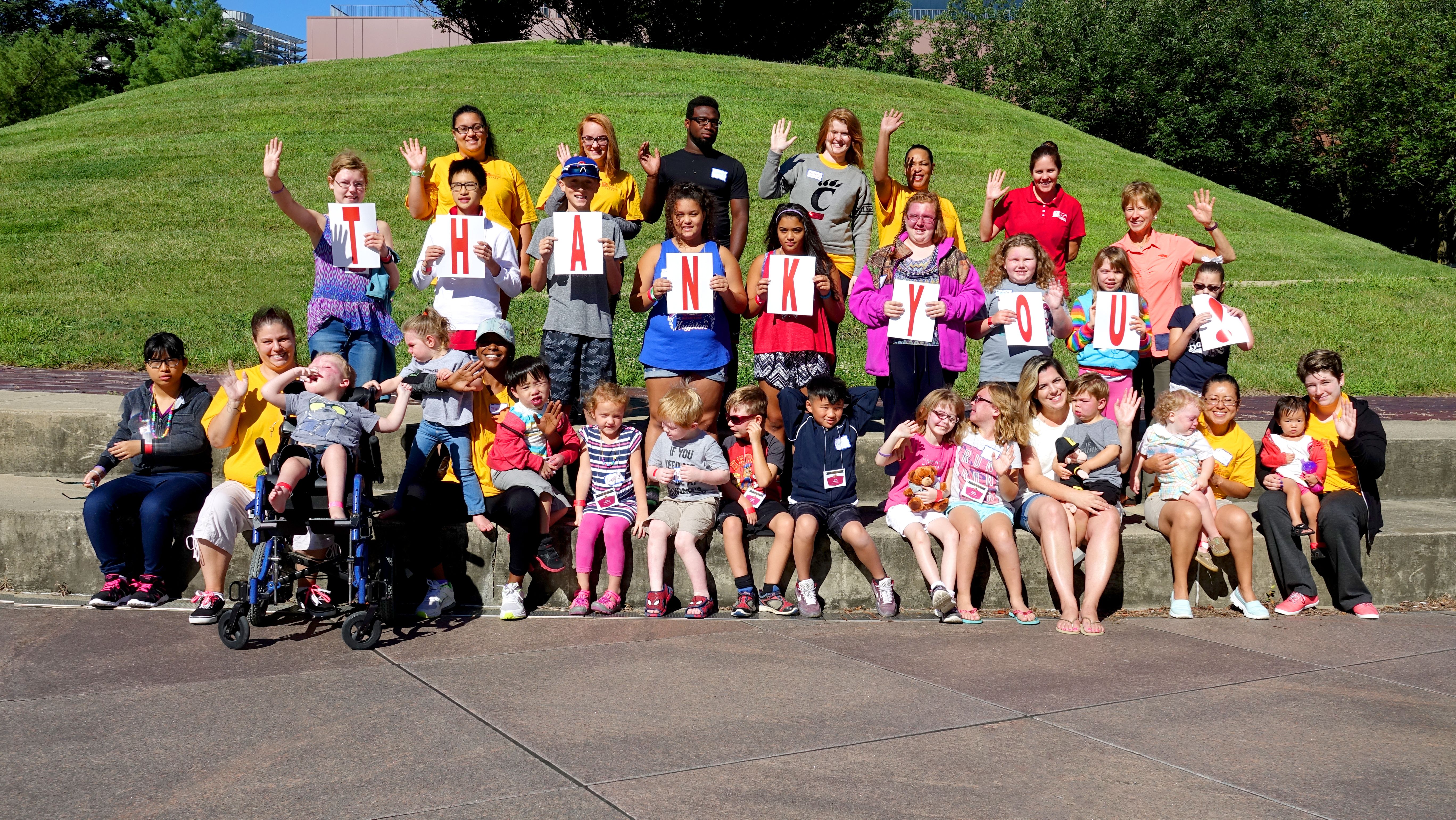
Physical Address:
Children's Hospital of Michigan–Detroit
3901 Beaubien Blvd.
Detroit, MI 48201
Phone Number:
313-832-9620
Team Members:
Aimee Luat, Pediatric Neurologist is an Associate Professor of Pediatrics and Neurology at Wayne State University and is a board-certified pediatric neurologist and epileptologist at Children’s Hospital of Michigan. She is the current medical director of our Pediatric Epilepsy Surgery Program and our Tuberous sclerosis complex (TSC) clinic at Children’s Hospital of Michigan. She is also the program director of our Pediatric Epilepsy Fellowship Program. Her clinical and research interest includes epilepsies associated with TSC, Sturge-Weber syndrome, and Lennox-Gastaut Syndrome.
Michael Behen, Ph.D., Neuropsychologist is a clinical psychologist/neuroscientist in the Translational Imaging Center at Children's Hospital of Michigan. Dr. Behen's research and clinical interests include the neurocognitive, behavioral, and imaging correlates of early social deprivation, Tourette Syndrome, and developmental and psychiatric disorders. His work is currently funded by the National Institute of Mental Health.
Marla Jahnke, MD, Dermatology Clinical Director is a board-certified dermatologist and board-certified pediatric dermatologist. She sees patients at Henry Ford Health System and Children’s Hospital of Michigan. In addition, she is an assistant professor at Wayne State University. She has a strong clinical interest in genetic disorders with skin manifestations. https://www.henryford.com/physician-directory/j/jahnke-marla
John Roarty, MD Pediatric Ophthalmology Dr. Roarty is Chief of Ophthalmology at Children’s Hospital of Michigan. He is an Associate Professor of Ophthalmology at Wayne State University School of Medicine and the Kresge Eye Institute
Leigh Flore, MD Pediatric Genetics is a clinical geneticist in Detroit, Michigan, and is affiliated with multiple hospitals in the area, including DMC Harper University Hospital and Children's Hospital of Michigan.
Sandeep Sood, MD Neurosurgeon, Dr. Sood is a Pediatric Neurosurgeon and an Assistant Professor at Wayne State University School of Medicine. He completed medical school in New Delhi, India followed by his neurosurgical residency, a pediatric neurosurgery fellowship at Children's Hospital of Michigan, and a fellowship in neurotrauma at Detroit Receiving Hospital. He specializes in epilepsy, pediatric brain tumors, hydrocephalus, endoscopic and craniofacial surgery, and spinal dysraphism. Dr. Sood was named on the area's "Top Docs" 2007 by Hour Detroit magazine. Dr. Sood is a member of the American Medical Association, the Michigan Medical Association, the Michigan Association of Neurological Surgeons, the Wayne State Medical Society, the International Society of Pediatric Neurosurgery, and the Congress of Neurological Surgeons. Dr. Sood practices at Pediatric Neurosurgery Group, P.C.
Csaba Juhász, M.D., Ph.D. is a Professor of Pediatrics, Neurology, and Neurosurgery at Wayne State University School of Medicine and the director of the Translational Imaging Laboratory at the Children's Hospital of Michigan, Detroit. He was the recipient of the Sturge-Weber Foundation "Champion Award", awarded at the International Sturge-Weber Conference in 2011." He performed extensive research applying multimodal neuroimaging, combining magnetic resonance imaging techniques with PET imaging using various radiotracers to measure brain glucose metabolism, benzodiazepine receptor binding, and tryptophan metabolism. He has also combined these techniques with EEG to improve the localization of epileptic foci in patients with medically uncontrolled epilepsy and provides multimodal imaging support to the pediatric epilepsy surgery program at CHM. Dr. Juhasz has been the principal investigator of several R01 grant projects funded by the National Institutes of Health (NIH) since 2003 to study the progression of brain structural and functional abnormalities in Sturge-Weber syndrome and to explore the clinical use of tryptophan PET imaging in brain tumors.







